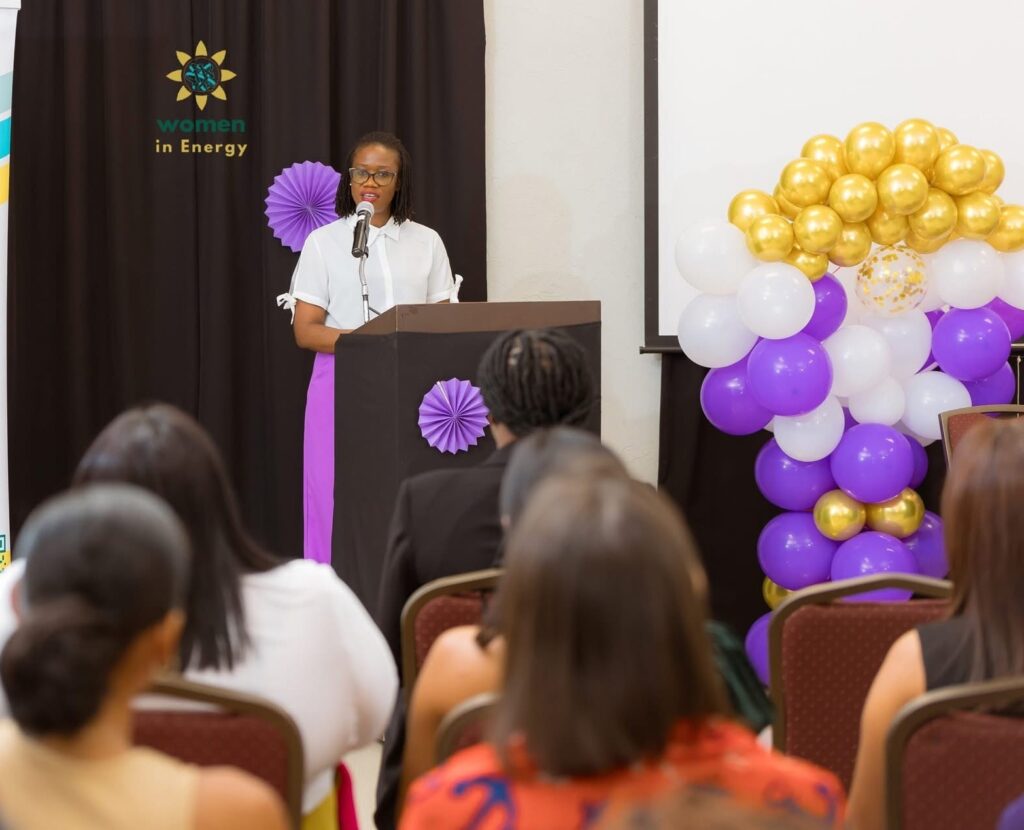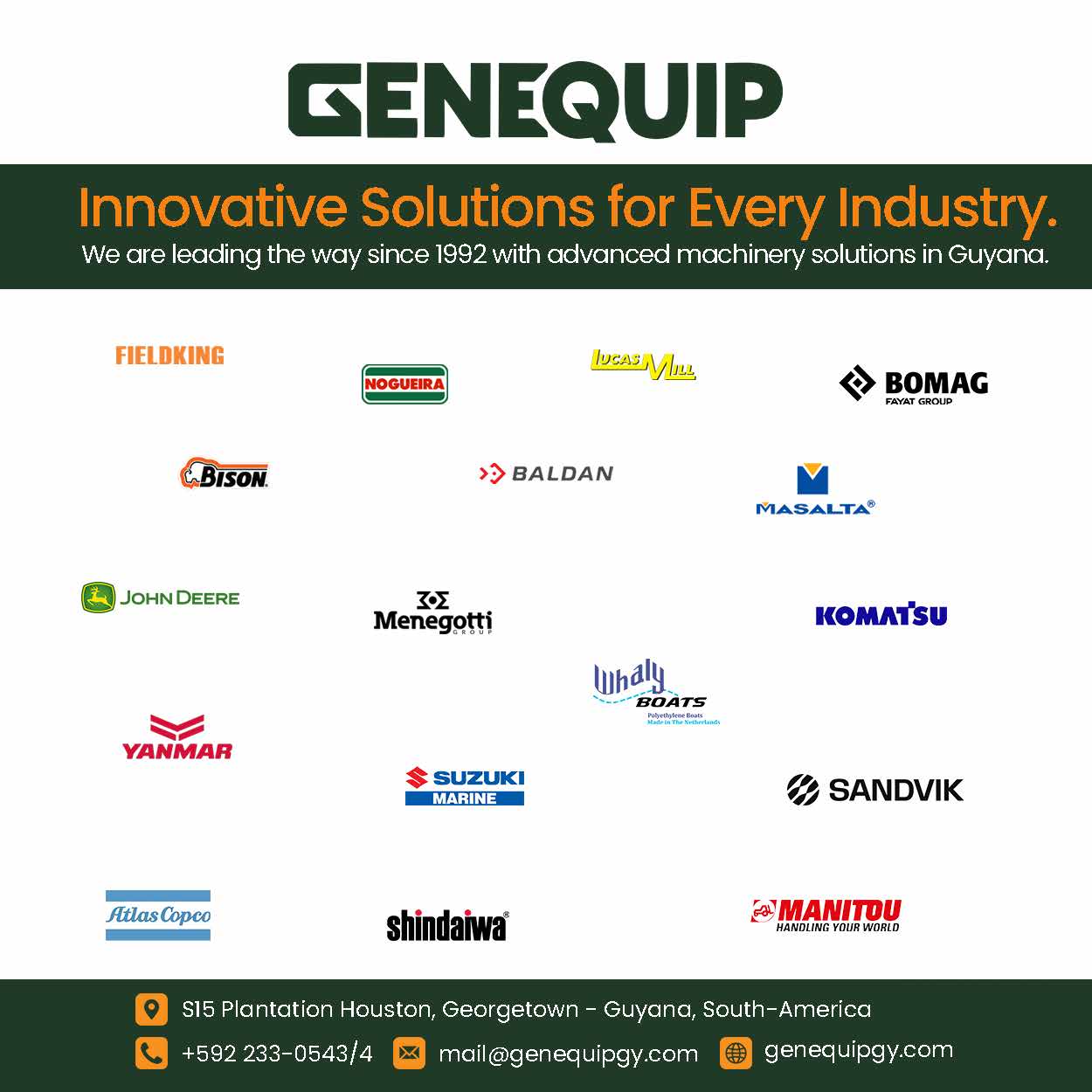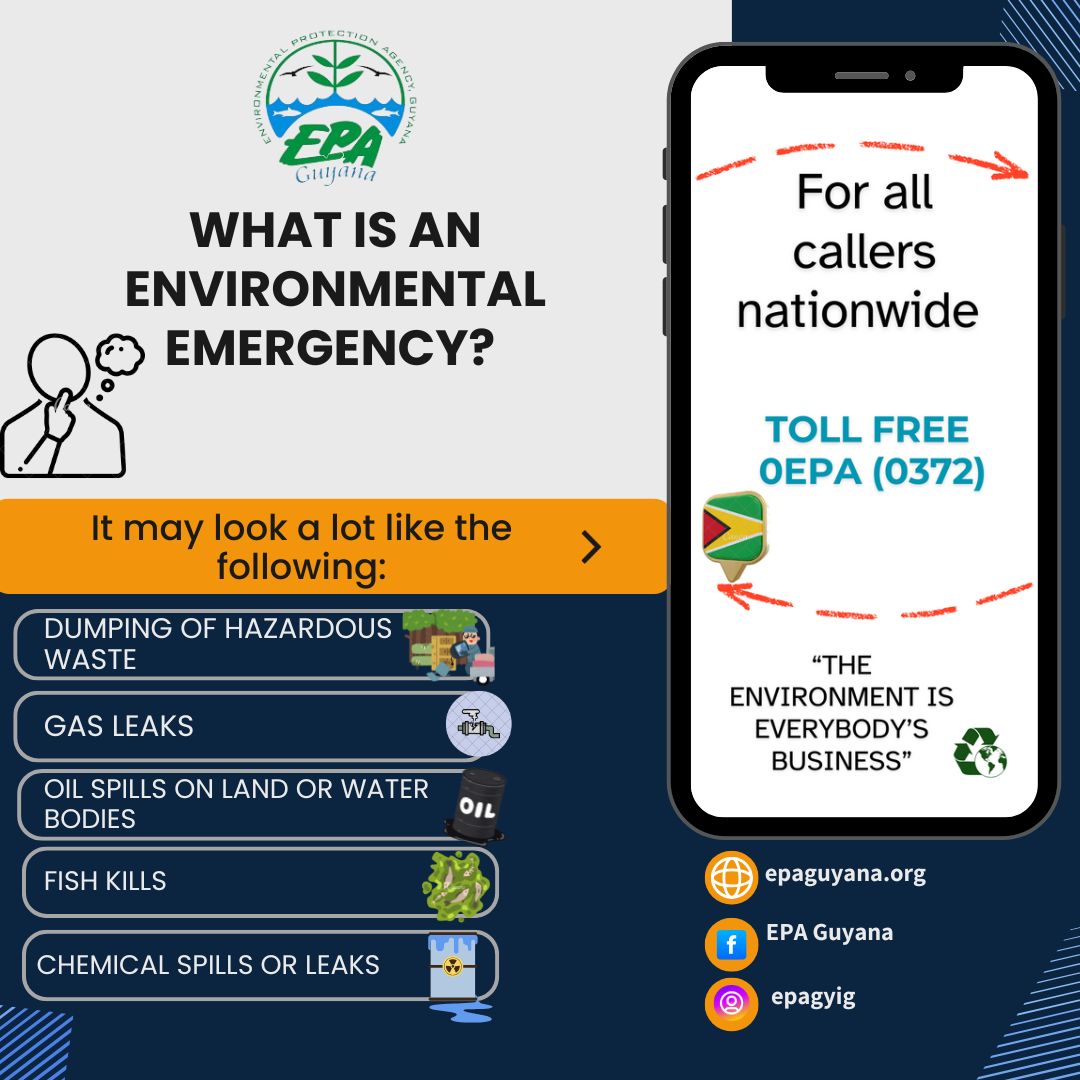The Local Content Secretariat (LCS) is opening doors for local businesses within the energy sector. This year, LCS Director Dr. Martin Pertab indicated that the regulatory body has prioritized providing opportunities for women in energy. Dr. Pertab hopes that the Secretariat will help women-owned businesses become an integral part of Guyana’s oil sector.
The Women Chamber of Commerce and Industry Guyana (WCCIG) and Women in Energy (WIE) organizations have acknowledged that the LCS provides significant benefits for women in energy. Women Chamber of Commerce and Industry Guyana WCCIG helps women achieve economic independence through business ownership and self-employment.
With a diverse membership base of dozens of women entrepreneurs, the organization provides a platform for networking, mentorship, and professional development.
“WCCIG has actively participated in discussions and forums organized by LCS, allowing it to leverage the opportunities available for women in the energy sector. Working collaboratively with the Secretariat, WCCIG and the LCS team have held informative sessions, where the benefits of local content policy were explained to the Chamber’s members,” explained the Vice President of WCCIG, Ms. Rowena Elliot.
WCCIG has also been involved in various panels and discussions focused on local content provisions. These engagements have helped raise awareness among its members about how they can benefit from the Local Content Act, particularly in accessing energy-related projects and contracts. Through these efforts, WCCIG members are now more informed and empowered 44 Vice President of WCCIG, Rowena Elliot to take advantage of the opportunities in the energy sector.
Notably, members of WCCIG have been able to secure LC certification, adding to their credibility and giving them a competitive advantage. However, with success comes challenges. Some of these challenges are limited access to finance, the underrepresentation of women in leadership roles in the energy sector, and a skills gap in technical fields related to energy.
Cultural barriers also hinder the full participation of women in the traditionally male-dominated energy industry. Furthermore, despite the potential, women-led businesses often struggle to secure larger contracts within the energy sector, and navigating complex regulatory environments can be a barrier for smaller enterprises looking to enter the market.
To address these challenges, the WCCIG has organized and participated in workshops, training sessions, and networking events to build capacity among women entrepreneurs. It has also prioritized educating its members on the benefits of the Local Content Act, encouraging them to register and understand the opportunities it offers through detailed sessions explaining the registration process. The Chamber’s involvement in LC panels and forums has raised awareness and the organization to advocate for better access to financing and more opportunities for women in energy.
Through these initiatives, the LCS has supported WCCIG’s efforts by creating platforms for women led businesses to connect with industry leaders, access tenders, and improve their competitive edge. “Moving forward, the WCCIG plans to leverage opportunities provided by the LCS to further expand its efforts to empower women in the energy sector through increased advocacy, targeted training programs, mentorship, and strategic partnerships. It also aims to increase the number of women in leadership roles within the industry and support women led businesses in securing larger contracts.
“Additionally, the Chamber will continue to advocate for the inclusion of specific provisions that support women-owned businesses in local content legislation, while utilizing the existing resources of the Local Content Secretariat,” the Chamber’s Vice President noted. The Chamber is also focused on hosting more sessions with energy companies, helping its members build stronger networks and explore joint venture opportunities.
Through these collaborations, WCCIG helps women entrepreneurs understand the importance of establishing partnerships to increase their competitiveness in the energy sector. As such, the organization is committed to educating members on how to capitalize on opportunities provided, ensuring that women’s contributions to the energy sector are recognized and supported.
Women in Energy Guyana
Another organization that has significantly benefitted from the Local Content Secretariat’s emphasis on empowering women-led businesses is the Women in Energy organization.
“Dr. Pertab and his team have been champions for the inclusion of women within the energy sector and have encouraged the organization to foster consortiums among its members to facilitate their participation in oil and gas,” WIE Chairwoman Abbigale Loncke Watson pointed out.
These provisions have created opportunities for WIE to collaborate with local operators and contractors in Guyana’s oil and gas sector. Through workshops, networking sessions, and preferential procurement policies, WIE has gained access to projects that prioritize diversity and inclusion. This has helped amplify the voices of women professionals and entrepreneurs within the energy industry. Despite the progress, WIE is challenged by limited funding for specialized training programs tailored to women entering or advancing in the energy sector; gender biases in certain areas of the industry, leading to limited representation in technical and leadership roles; a lack of awareness about LCS provisions among smaller women led businesses, which hinders participation in opportunities. WIE has adopted a multi-faceted approach to tackle these challenges.
Through training and mentorship, WIE has established partnerships with international and local experts to upskill women in technical areas. These projects benefit women and girls with businesses related to clean energy, oil and gas, and mining.
WIE has continuously engaged industry stakeholders to address gender biases and highlight the value of diversity. In 2024, its ‘Women in Energy Forum, Champion Women in the Energy 46 Sector: Creating Pathways’ directly addressed some of the barriers women faced in the industry. In partnership with the Local Content Secretariat, WIE organizes awareness campaigns for women-led businesses to educate them about LCS provisions and how to access them.
WIE noted that the LCS has played a critical role by offering platforms to voice these challenges and by implementing policies that promote transparency, inclusion, and accountability within the energy sector.
According to Loncke-Watson, WIE aims to continue to partner with the LCS to expand the reach of funding and grant opportunities for women-led businesses. Through its ‘Energy Leadership Accelerator Program’, WIE focuses on preparing women for decision-making roles within the industry; establishing a resource center to provide women with access to industry data, market insights, and technical tools; strengthening collaborations with energy operators to increase the percentage of contracts awarded to women led entities; and advocate for the creation of a national database of women professionals and entrepreneurs in energy to ensure equitable access to opportunities.
“By leveraging LCS’s ongoing support, WIE aims to bridge the gender gap and create a more inclusive energy sector in Guyana,” the Chairwoman noted.









